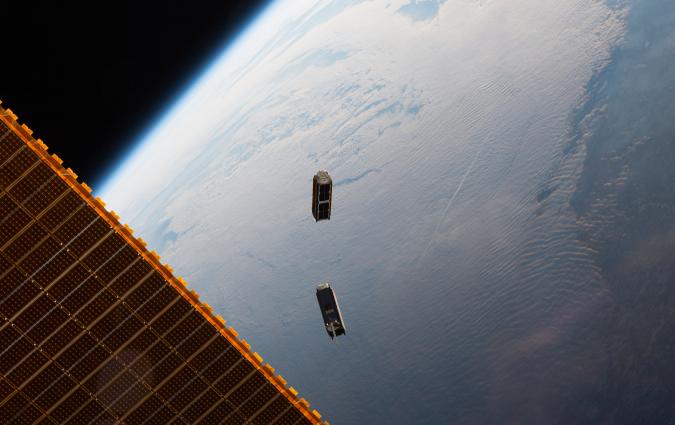What’s the Story? The Interplay between Power and Narratives in Syria and Iraq

Reuters Institute Fellow's Paper
Rami Ruhayem, a BBC correspondent based in Beirut, has written a very detailed study about the way different media in the West and the Arab world create very different narratives around what is going on in Syria and Iraq. It’s called ‘What’s the Story? The interplay between Power and Narratives in Syria and Iraq’. Rami was sponsored by the Said and Asfari Foundations.
Here’s what Rami himself writes about his research: "A great narrative contest is underway to tell the story of the wars in Syria and Iraq. The warring powers spin stories suitable to their pursuit of advantage and ultimate triumph. Often, the story is what they tell soldiers to convince them to kill and die, the vanquished to convince them never to resist, and everyone else to convince them it cannot be any other way. This is a study about the traces power leaves behind in the media as it seeks to gain sway over our collective imagination of the war. I examine coverage of Syria and Iraq in mainstream Western media and in Arab media affiliated to the regional alliance led by Iran, known as the Axis of Resistance. I also examine coverage of Syria and Iraq by Islamic State media. In Western media, meaning and memory are manipulated and hidden moral codes are delivered. Neutral language creates the illusion of coverage without perspective, and non-stories keep the real action out of sight. In the ‘resistance’ media I observe a profound crisis of identity as the regional alliance led by Iran finds itself immersed in wars that go against the values it claims. In Islamic State media, I observe a narrative that is rich, consistent, and explicit, and one that blends historical, spiritual, and news narration. But within their moral code they seem to cross the line between human interpretation of religious texts and the absolute truth, an error which could undermine the core of their narrative. In all three camps, I conclude that storytelling has often been transformed into an elaborate rallying cry to war."
As with all Fellows’ research papers, any opinions expressed are those of the author and not of the Institute.
Image: REUTERS/Muhammad Hamed





